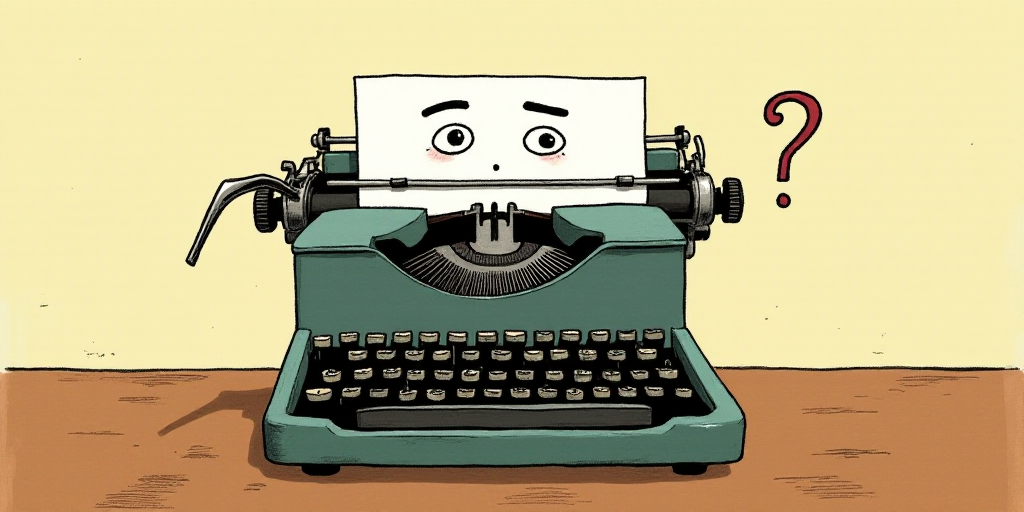Introduction
We are accustomed to believing that the future will be better than the present. This is an ancient belief fueled by politicians and businesses alike. People’s difficulty in predicting the onset of catastrophes is a natural resistance to bad news. Nobody wants to listen to doomsday prophets, even if they present their case with logic.
Stefan Zweig: A Lens on Historical Resistance to Negative Futures
In his book “The World of Yesterday,” Austrian-born Jewish intellectual Stefan Zweig illustrates this resistance to accept a negative future through two examples. Born in the height of the Austro-Hungarian Empire, Zweig was part of a brilliant generation known as the “Young Vienna,” a society of artists and writers who gathered in the late 19th century at Café Griensteidl.
Key Figures in Young Vienna
Among this group, three figures stand out: poet Hugo von Hofmannsthal; writer Karl Kraus, known for his timeless writings like “The Third Night of Walpurgis” (1933), which warned about the dangers of Nazism and loss of freedoms; and Zweig himself, who was the chronicler.
Elías Canetti, a close acquaintance of Kraus, admired his “ethical rigor, total commitment, and radical indignation.” Sadly, Kraus’ warnings fell on deaf ears as Germany celebrated the triumph of the Nazi party leader. He passed away in 1936, before the Anschluss (1938) and the start of World War II’s horrors.
Zweig’s Perspective on Pre-World War I Europe
Zweig, having lived through World War I and its onset, highlighted the carefree attitude of ordinary Europeans before the war. Despite tensions among empires, people dismissed rumors of war as mere verbal sparring among their leaders. Belgians, Germans, Russians, and French coexisted without much concern for looming conflicts.
On June 28, 1914, in Sarajevo (Bosnia), Archduke Franz Ferdinand of Austria and his wife Sophie were assassinated by Gavrilo Princip, a 19-year-old Serb. Although this event sparked a diplomatic crisis, people continued to underestimate the risk. The Archduke wasn’t a popular figure according to Zweig, but his assassination ignited decades of tensions among empires. A month later, the Great War erupted, leaving Europeans astonished.
Hitler’s Rise: Ignoring Warnings
Zweig initially dismissed Adolf Hitler as just another agitator. As the National Socialist party’s influence grew, most people still disregarded its threat. The organization of unemployed and impoverished youth, given purpose and the chance for revenge, continued to expand. Trained by military personnel and funded by wealthy individuals, these groups initiated violence and assassinations.
Lev Trotsky’s Warnings
Lev Trotsky, in his writings during the 1930s, warned of this very danger. He urged powerful social-democratic and communist parties to unite against Hitler’s forces, even responding to attacks with attacks to counter authorities’ complicity. German social-democrats refused, fearing initial Nazi attacks targeted communists—a case of blatant obfuscation.
Even in power, Hitler “negotiated” with the governments of France and England, who betrayed Czechoslovakia and Austria in hopes of avoiding German attacks on themselves rather than the Soviet Union. The United States made similar calculations. Notably, Hitler enjoyed considerable sympathy in Western countries.
Key Questions and Answers
- What is the main idea of the article? The article discusses how societies often fail to foresee negative futures, using historical examples from Stefan Zweig’s “The World of Yesterday” and the rise of Adolf Hitler.
- Who is Stefan Zweig? Stefan Zweig was an Austrian-born Jewish intellectual and author, known for his book “The World of Yesterday,” which provides insight into the pre-World War I European mindset.
- Why are people resistant to accepting negative futures? People naturally resist bad news, including predictions of future catastrophes. This resistance is fueled by an ancient belief that the future will be better than the present, often promoted by politicians and businesses.
- What lessons can we learn from history? History teaches us that ignoring warnings and failing to recognize threats can lead to disastrous consequences. Societies must remain vigilant and not be blinded by convenience or sympathy for those who may pose a danger.






